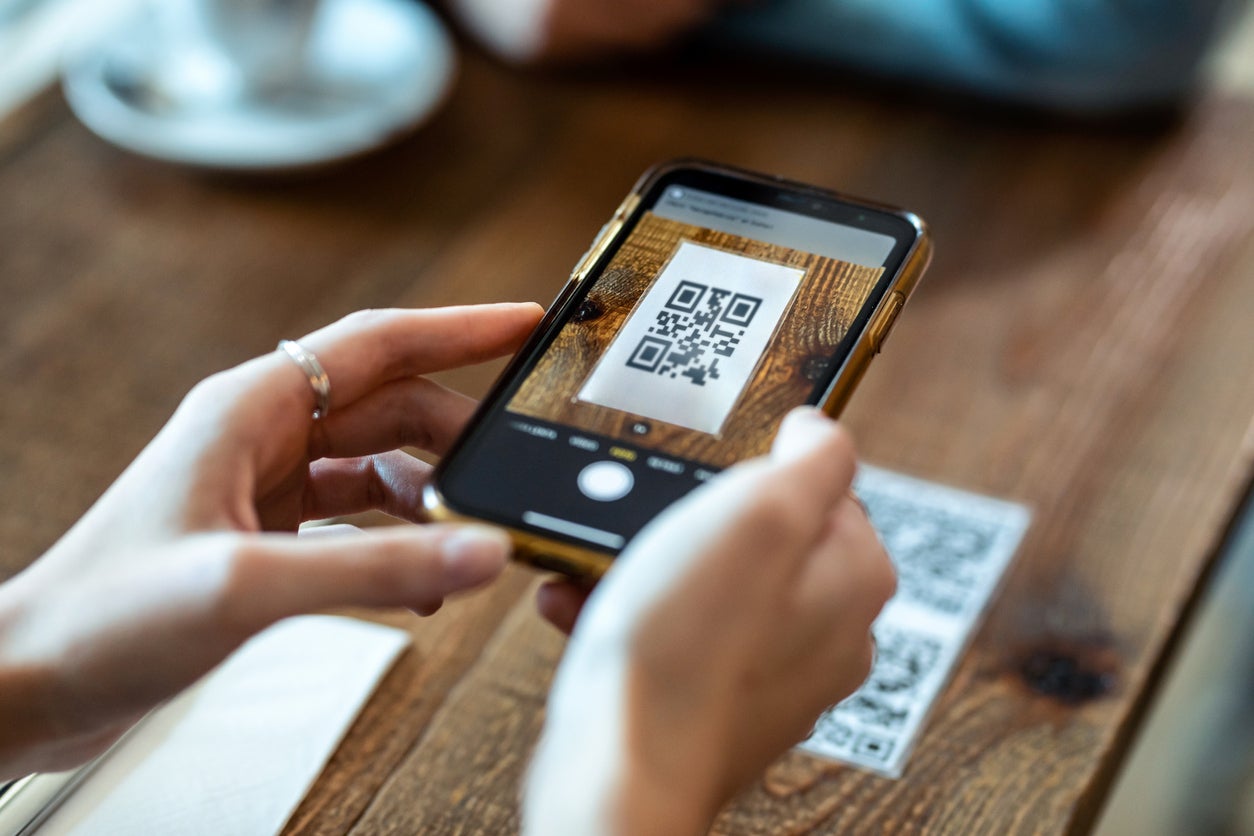QR Code Scam Warning: Catching the Red Flags Before Falling Victim
With the rise of QR codes, scanning for menus or payments has become second nature to many.
QR Codes: Convenient but Risky
Cybercriminals are increasingly using QR codes to steal personal information, turning these digital barcodes into potential security risks. According to a recent survey, 83% of people used QR codes for financial transactions in the past three months, highlighting the need for vigilance.

Iskander Sanchez-Rola of Gen Digital, a cybersecurity software company, explains that while QR codes are convenient, they can also be exploited by scammers. “QR Codes can be extremely dangerous, leading to financial loss or theft of personal information,” Sanchez-Rola warns. To avoid these risks, the NBC6 Responds team has compiled some red flags to help consumers stay safe.
Spotting Suspicious QR Codes
A common tactic among scammers is to place fake QR codes over legitimate ones, often using stickers to cover the original code. In Los Angeles, for instance, about 150 parking meters were found with fake QR code stickers over the real ones. “Look for signs of tampering, like a sticker that doesn’t match the surrounding surface,” Sanchez-Rola advises. When using QR codes on parking meters or in other high-traffic locations, always verify that the code appears legitimate. Sanchez-Rola suggests paying with a debit or credit card at physical meters when possible, avoiding QR codes altogether in situations where alternative payment methods are available.
Think Twice Before Sharing Information
Scammers frequently use QR codes to prompt users for personal information, such as email addresses or phone numbers, often disguising it as part of a service requirement. “You provide your information, and then it can be used however they want,” says Sanchez-Rola. To protect your data, think carefully before sharing personal details with a QR code-generated link. It’s also crucial to verify the URL before you proceed. (https://northeastohiogastro.com) If a QR code takes you to an unfamiliar site or asks you to download an app, double-check the source. Some QR codes may lead you to download malicious software that can compromise your entire device. “Once they have you install something, they have access to everything on your phone,” Sanchez-Rola explains.

Use Tools to Detect Scams
For added protection, Sanchez-Rola recommends using free tools like the Genie app by Norton, owned by Gen Digital. Genie analyzes QR codes, texts, websites, and social media posts to detect potential scams, giving users an extra layer of security when interacting with digital content. If you suspect you may have fallen victim to identity theft through a QR code scam, contact the Identity Theft Resource Center at 888-400-5530 for assistance, or visit their website for more resources.


Comments are closed, but trackbacks and pingbacks are open.